
Op-Ed: State lawmakers gut Emmett Till Day bill, expose Illinois’ corruption problem
July 25, 2025, would have marked Illinois’ first Emmett Till Day, a commemoration of the 14-year-old Chicagoan whose 1955 lynching galvanized the Civil Rights Movement, but state lawmakers had a different idea.
They gutted the bill to rush through part of the over 3,000-page state budget filled with partisan pork.
Rep. Kimberly Neely du Buclet, D-Chicago, first attempted to pass legislation recognizing Emmett Till Day in 2023, but it was unsuccessful. This year, passing the bill looked more promising, with 29 other representatives co-sponsoring it, including the Speaker of the House, Chris Welch, D-Chicago. On May 31, lawmakers stripped the bill of its original purpose, erased Emmett Till’s name and replaced it with 1,200 pages of budget provisions, exploiting a procedural loophole to force passage at the last minute.
This July would have marked Emmett Till’s 84th birthday. His life deserved recognition through this piece of legislation, not for it to be exploited as a vehicle for unsustainable spending. This is just one example of Illinois’ broken system that has made bending the rules the norm and corruption all but inevitable.
A recent report from the Archbridge Institute found Illinois tied for 42nd out of 48 states on “legal corruption” perceptions, highlighting how little trust Illinoisans have in their government. Legal corruption is a form of corruption that is technically permitted by law but is seen as unfair and unjust. Reform is necessary to establish trust with residents and restore order to the legislative system.
This workaround to the three-day reading rule is a perfect example of legal corruption. The Illinois Constitution requires bills to be read on three separate days before they’re passed into law, giving lawmakers and the public a chance to understand and debate what is being voted on. Yet abuses such as the Emmett Till Day Bill are such a regular occurrence in Springfield, they’re almost expected.
This is because lawmakers in Illinois rely on the fact the Illinois Supreme Court has a policy against enforcing the constitutional requirement. Lawmakers push through “shell bills,” or bills that contain no real substance, for the very purpose of last-minute replacements. The Emmett Till Day bill did have substance. It shows no bill in Springfield is safe from this practice.
Ironically, the budget proposal included funds for the attorney general to fight alleged transgressions from the Trump administration. Considering that Illinois has averaged one federal conviction per week during the past 40 years for its elected officials, he should have enough to keep himself occupied within the state. It seems Illinois lawmakers will protest for “No Kings” in the White House, but largely ignore the kings of corruption in their backyard. They are perfectly content to amass political kingdoms of their own.
We must demand better of our lawmakers.
Other states offer clear reforms. Illinois could adjust regulations to require bills to be read in their final form, as in New York. We could require that the three-day reading requirement start over if an amendment changes the subject of the bill, as has been implemented in Alaska. In Hawaii, the state supreme court held the state constitution’s three-day reading requirement “necessitates that the substance of a bill must bear some resemblance to earlier versions” to pass the third and final reading.
The people of Illinois deserve a legislative process that is faithful to the state constitution and allows lawmakers time to review important bills before voting on them. Emmett Till’s life was a catalyst for justice across the country. The bill that should have borne his name must be a catalyst for justice here at home, and prompt Illinois lawmakers to reform this broken system.
Latest News Stories
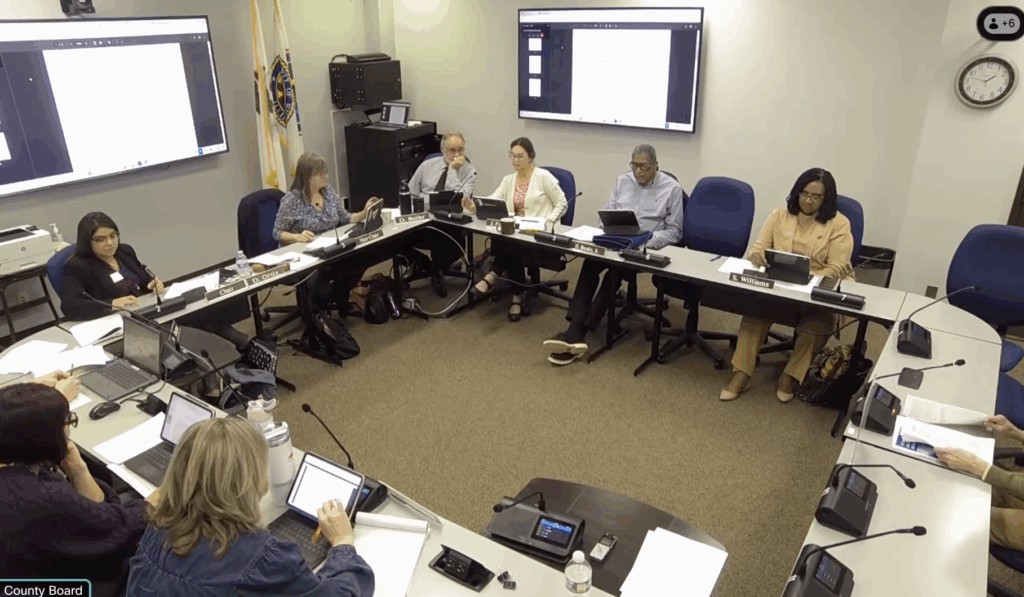
Federal Lobbyists Brief Will County on Government Shutdown, Warn of SNAP and TSA Disruptions

New Lenox Residents Plead for Help in Escalating Neighborhood Dispute
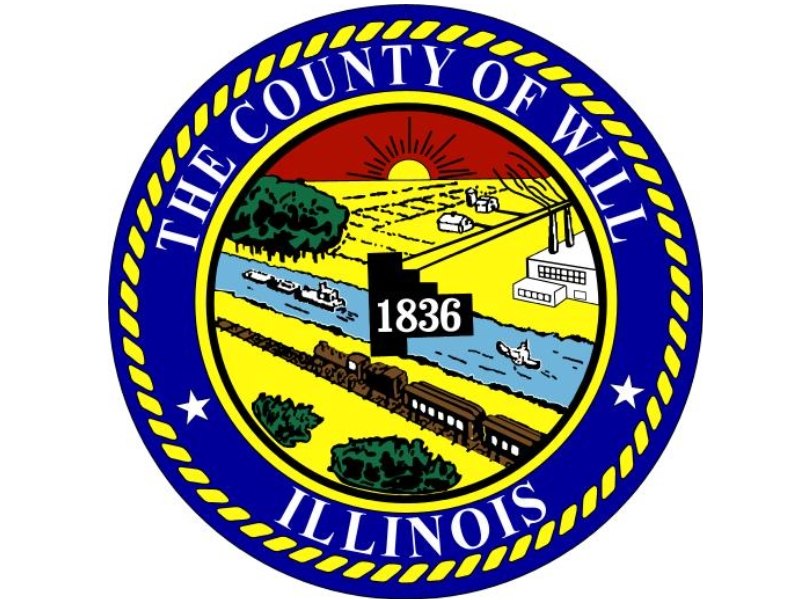
Commission Approves Mokena-Area Garage Variance Over Village’s Objection

Will County Committee Advances Gougar Road Bridge Project with Over $540,000 in Agreements

JJC Receives Surprise $1.9 Million from IRS Employee Retention Credit
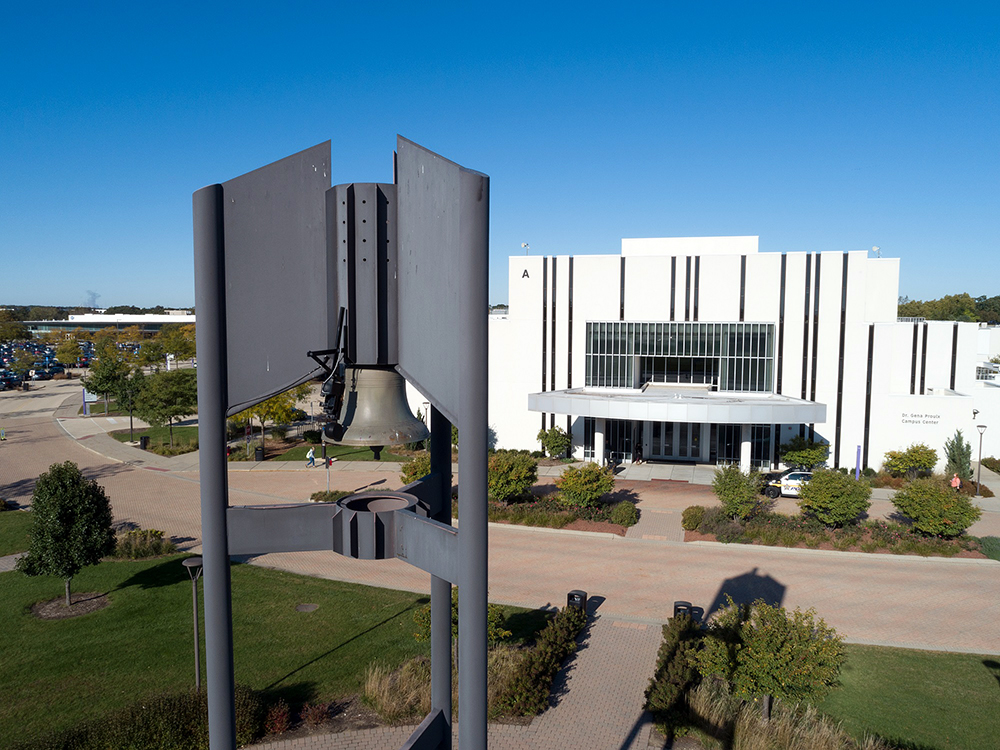
JJC Advances ERP Modernization with New Vendor and Two-Year Budget
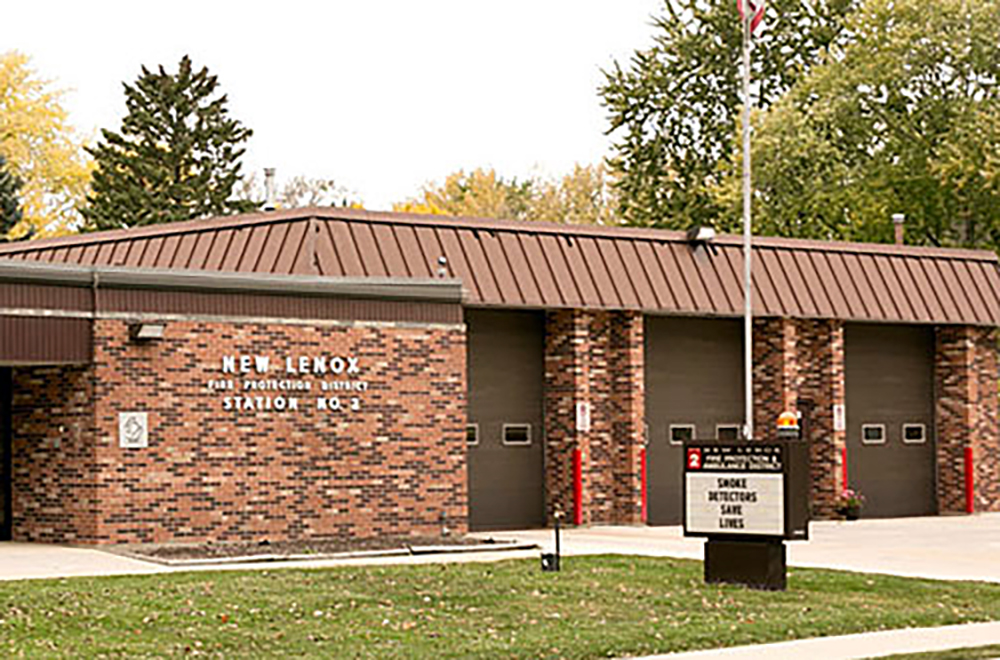
Station 62 Remodel Advances as Fire District Seeks to Waive Permit Fees
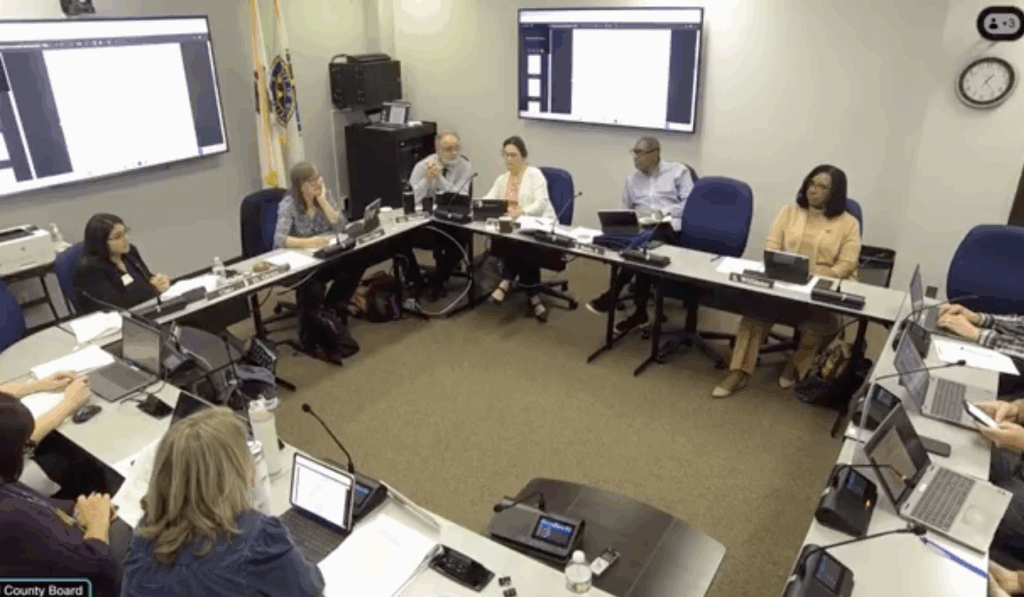
Will County Committee Shapes 2026 Legislative Agendas on Housing, Energy, and Health
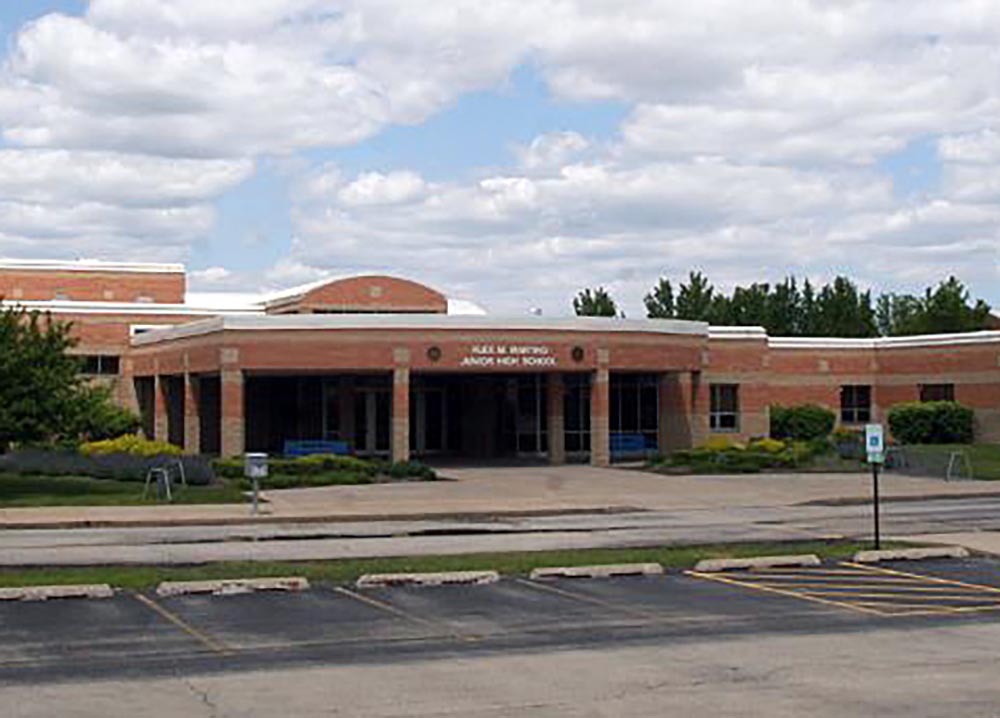
New Lenox School District 122 Considers Community Solar Program Promising $55K in Annual Savings

FAA funding problems hit airports in California, elsewhere

Judge bars ICE from acting against ‘protestors,’ ‘rapid response’ activists

Report: IL public schools show low academic proficiency, higher taxpayer funding


